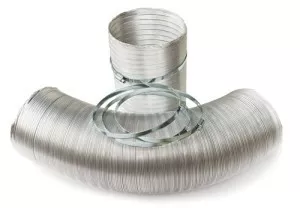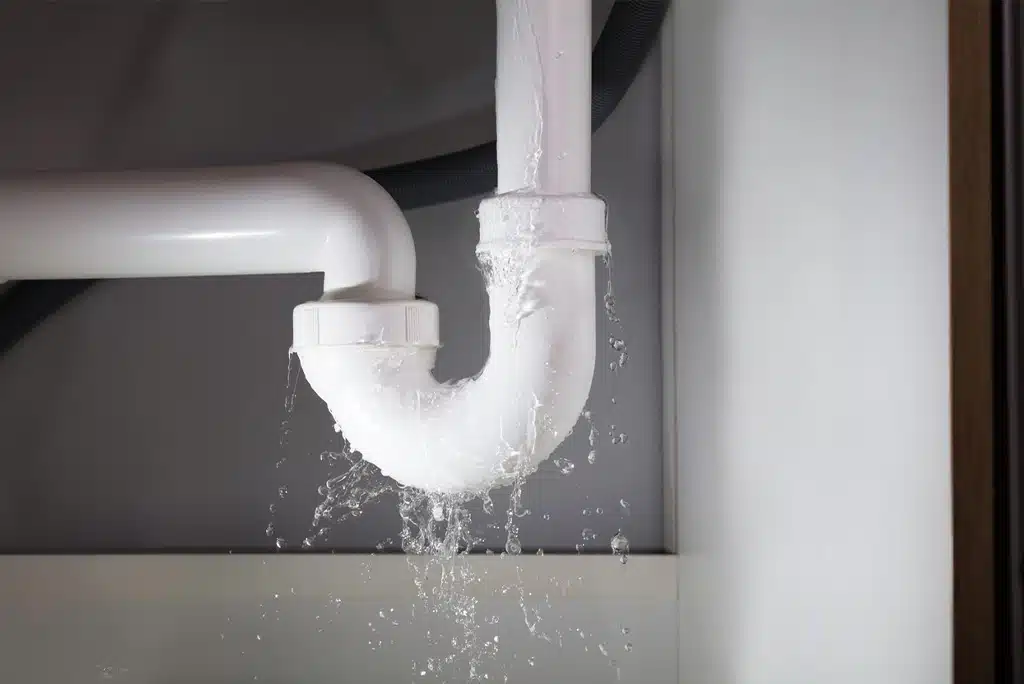Seal Duct Leaks For Better Cooling Efficiency, IAQ

If “seal duct leaks” isn’t on your spring maintenance to-do list yet, you may want to add it now. Getting this simple task done before Raleigh’s cooling season hits could save you a bundle on air conditioning costs this summer.
The average heating and cooling system’s air ducts leak around 20 percent of the air they carry. Leakage of 20 percent forces the system to work 50 percent harder and use more energy to maintain the selected temperature.
To make matters worse, leaks prevent cool air from reaching your rooms. Which translates into higher bills for less comfort.
Common Causes of Duct Leaks
- Connections that were never properly sealed
- Connections with deteriorating seals
- Damage during repairs or renovations
- Damage by pests such as mice
- Deteriorating flexduct
How to Seal Duct Leaks The Right Way
Properly sealing leaks in your ducts improves your HVAC system’s energy efficiency and reduces the likelihood of contaminants entering your conditioned air. If you want to do the job yourself, keep these tips in mind:
- Check for disconnected and loose duct joints, holes in fiberglass ducts, and tears in flexduct. Streaks of dirt on insulation may indicate a leak nearby.
- Apply mastic gum, butyl tape or metal-backed tape to the joints where to lengths of duct meet and any holes smaller than 1/4 inch.
- Use fiberglass mesh tape (designed for ducts, not drywall) or a sheet metal patch to bridge the sides of holes wider than 1/4 inch before applying mastic.
To seal duct leaks more thoroughly, contact a heating and cooling professional. A/C technicians use special equipment to find even the smallest leaks and then choose the best sealing methods for your ductwork.
Duct insulation is another important aspect of your system’s overall efficiency. If you’ve got ducts running through unconditioned spaces, such as the attic or your crawlspaces, these should be well insulated to prevent energy loss through heat transfer.
For help sealing or insulating your ducts, contact us at Air Experts in Raleigh Wake Forest, Garner, Cary, and nearby areas in Eastern North Carolina.
Image Provided by Shutterstock.com







